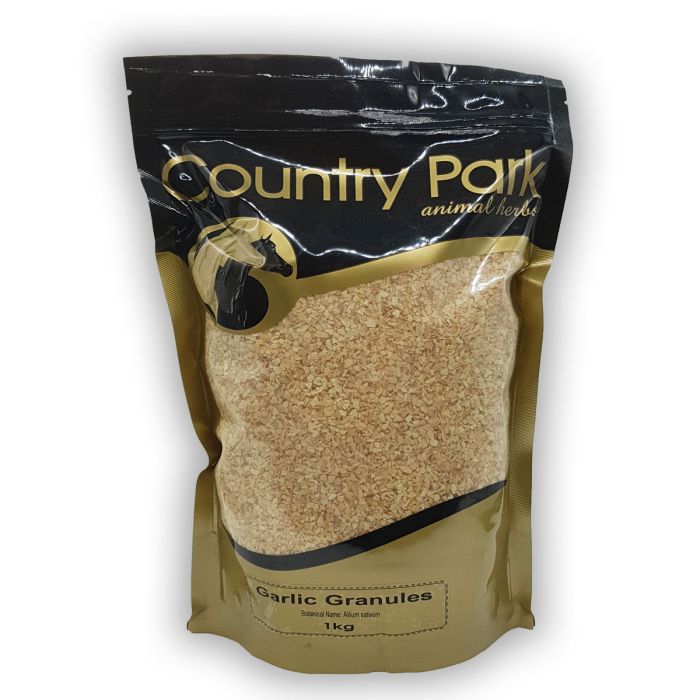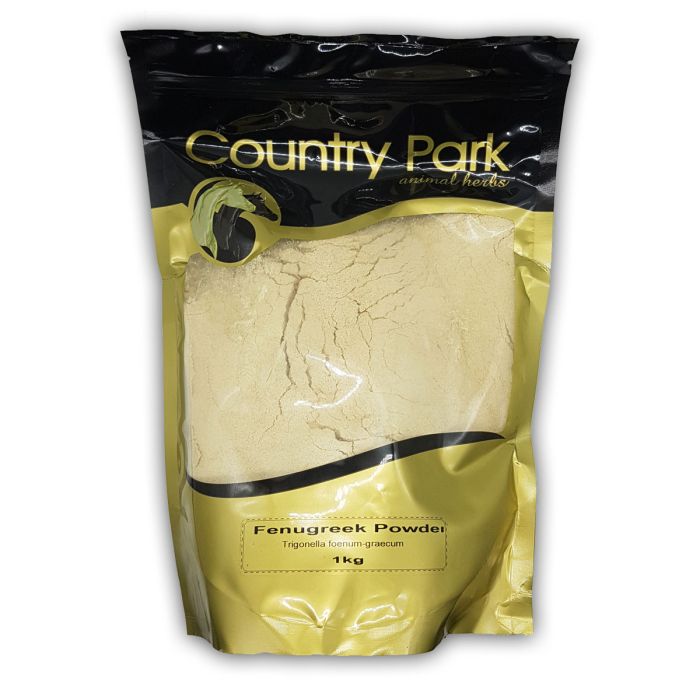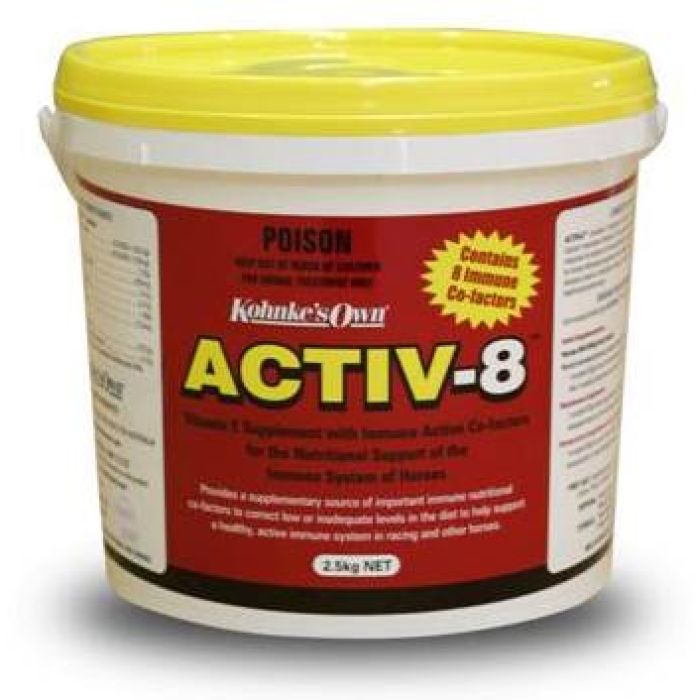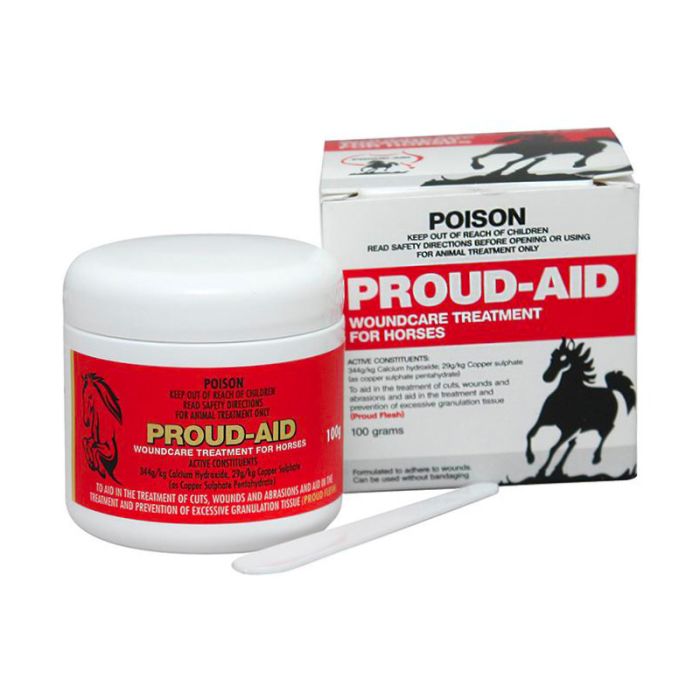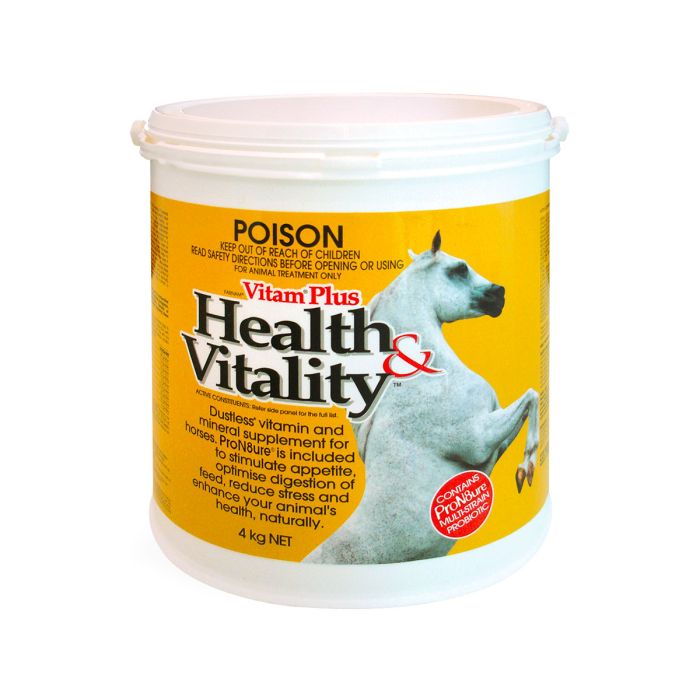Garlic Granules - Country Park Horse Herbs
CP-GG
Country Park Garlic Granules. Herbs for use with Horses and Livestock
Garlic Gralules
Country Park
GARLIC -Allium sativum- Garlic is one of the few herbs that are universally recognised and used. It has been used as a medicine and tonic food for thousands of years by many different cultures/people including – ancient Egyptians and Romans; Chinese medicine; Ayurvedic medicine; and the Cherokee and Choco peoples. During the Great Plague of London garlic was the primary remedy for protection and cure, fetching more in price than gold. During WWII it was known as Russian Penicillin and was used to prevent septic poisoning and gangrene. It is the most widely known and used herb in the horse world.
Garlic is a stimulant for horse and animal immune systems – it is the closest thing to a herbal wonder drug for treating infections. This is because garlic is anti-bacterial, anti-viral, anti-fungal and anti-parasitic. Garlic is rich in sulphur which is essential for healthy skin and hair, and garlic also contains bioflavonoid compounds such as quercetin which retard inflammatory reactions. Quercetin stabilises mast cells (which contain histamine) and inactivates many inflammatory enzymes, which makes garlic a useful anti-allergy tool for horses and livestock. Garlic is a herb that also works to improve circulation. It contains a number of anti-coagulant compounds and has a blood-thinning effect as well as being vasodilatory.
Garlic can be used with horses and livestock to prevent and treat respiratory infections. Anyone who has had garlic breath has experienced this herb’s aromatic compounds being excreted through their lungs which is why garlic’s active ingredients can be so effective for respiratory complaints. There is evidence that in the digestive tract garlic acts selectively against pathogens (disease causing micro-organisms) whilst sparing beneficial flora. Further, garlic reduces the incidence of cancer, especially in the gastrointestinal tract – allicin (a volatile oil constituent of garlic) interferes with the generation of carcinogenic nitrosamines in the gut. Garlic is reputed to minimise intestinal worms (although it must not be relied upon as the sole means of worm control). Some insect repelling properties have been attributed to the feeding of garlic, however it seems this may be dependent on feeding garlic in its fresh, raw form.
ACTIONS include: anti-biotic, anti-viral, anti-fungal, anti-parastic, anti-histamine (anti-allergy), anti-coagulant, expectorant (encouraging passage of mucus up the bronchials), vasodilatory.
DRUG INTERACTIONS: Garlic could potentiate the blood-thinning effects/side-effects of some drugs/supplements, consult your vet/herbalist before simultaneous use.
PLEASE NOTE: Beware the tendency to think that “a little is good, a lot will be better” – garlic in excess can irritate the gut and/or cause Heinz-body anaemia*. Keep to recommended dosages. Do not use garlic if a horse has been scouring chronically, and use caution if you are feeding garlic to nursing mares as it may flavour/taint the milk and upset the foal’s digestive system.
*Heinz-body anaemia occurs when a constituent of garlic (and other members of the Allium plant family, including onions) is present in sufficient quantity to deplete red blood cells of a chemical which protects them from oxidative damage. When this occurs, the haemoglobin in the cells oxidises and forms a “bubble” - known as a Heinz body - on the outside of the red blood cell. The spleen then removes these deformed cells from the bloodstream. If this process of damage and subsequent removal occurs consistently, the horse gradually becomes anaemic.
© Country Park Animal Herbs - Herbs for Horses and Livestock
You may also like
Activ-8 by Kohnke's Own
Starting at $107.95 $119.95
Proud Aid Wound Care for Horses
Vitam Plus Health and Vitality
Starting at $99.95 $109.95

